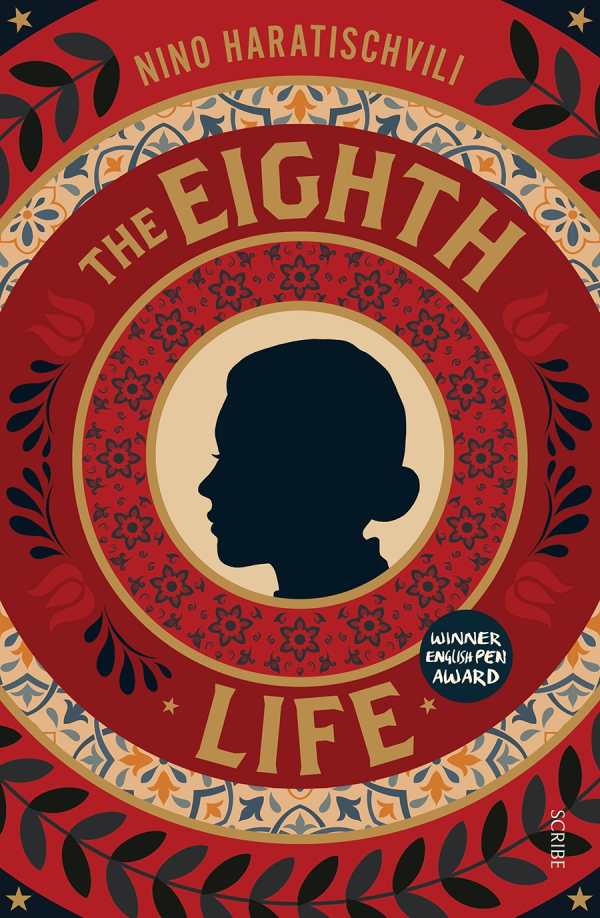The Eighth Life
Nino Haratischvili’s multigenerational Georgian novel The Eighth Life spans the years between the Bolshevik Revolution and the early twenty-first century.
It all begins with a master chocolatier and a magical hot chocolate recipe for the most irresistible drink, though it’s one that, as the family legend goes, may bestow a curse on anyone who enjoys it in its purest form. The chocolatier is the great-great-grandfather of Niza, who relays her lengthy family tale to her niece, Brilka. Over the course of the narrative, the theory of the curse appears to be proven correct: calamity after calamity befalls each generation of the family as they move through WWI, WWII, and into the present.
The novel is driven most by its women characters and their decisions. They navigate the encroachment of Communism into their beloved home country. Kitty—daughter of Stasia, great-grandmother of Niza—escapes the East and lands in London, rediscovering herself after a horrible interrogation about her lover’s whereabouts; in an attempt to escape the USSR, he defects to the German side during WWII.
Christine, Kitty’s aunt and an unsurpassed beauty, undergoes her own ordeal when she becomes the center of sexual intrigue in the upper echelons of the Communist Party. Stasia struggles with her militaristic husband’s absence and follows him to Moscow, despite the danger. These women show great resilience and resolve, even in the face of overwhelming hardship.
The novel covers more than a century; each of its characters are developed through the extensive internal monologues. All roads lead to Brilka, who runs away to Vienna in an attempt to reclaim some of her family history; she prompts Niza to preserve everything she knows for her niece, resulting in this sprawling epic of love and loss.
Though oftentimes bleak, The Eighth Life is an expansive and hopeful tale centered on family touched by war and revolution.
Reviewed by
Meagan Logsdon
Disclosure: This article is not an endorsement, but a review. The publisher of this book provided free copies of the book to have their book reviewed by a professional reviewer. No fee was paid by the publisher for this review. Foreword Reviews only recommends books that we love. Foreword Magazine, Inc. is disclosing this in accordance with the Federal Trade Commission’s 16 CFR, Part 255.

